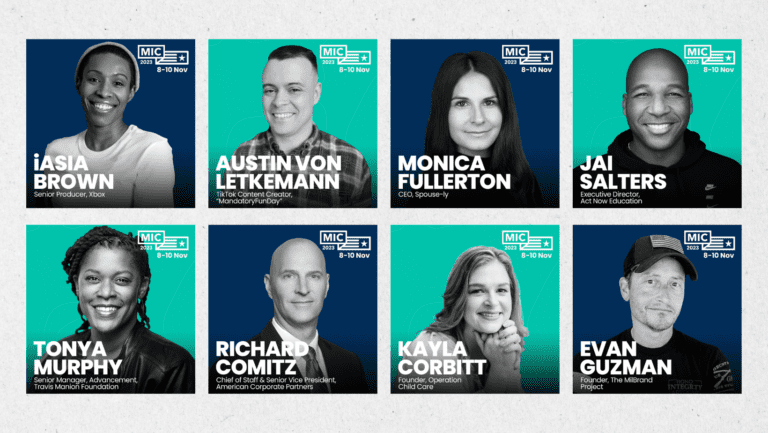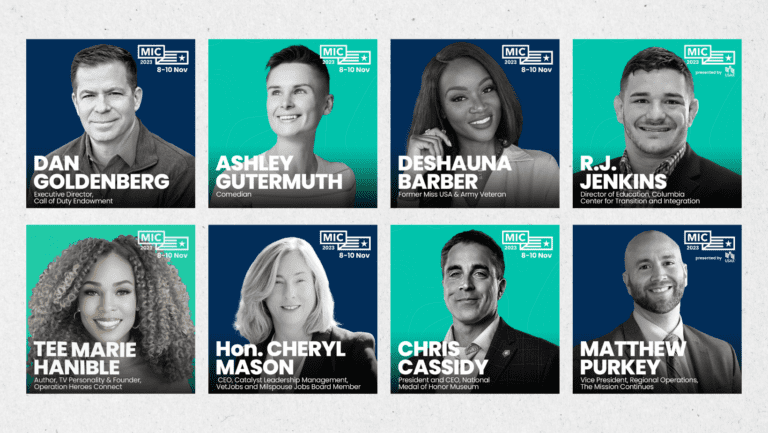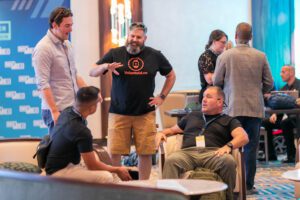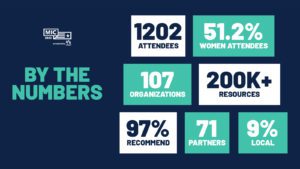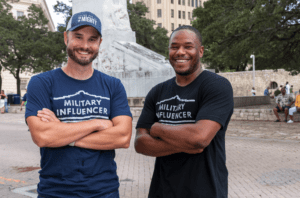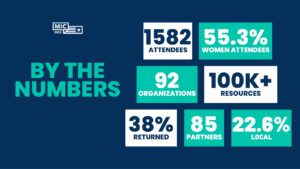
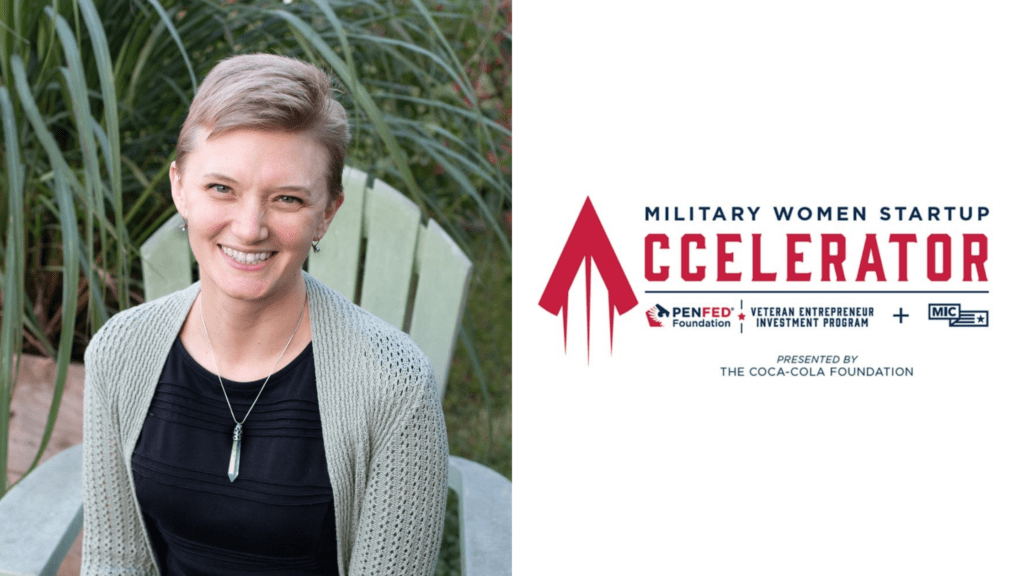
Rachel Featherstone – Founder of Eucalyptus Health
- by
- Lucretia Cunningham
Army veteran Rachel Featherstone translates being a perinatal mental health nurse practitioner to their time as a military police officer.
“I’ve always been focused on helping people in crisis,” they said.
At the height of the pandemic, as telehealth appointments became more prevalent, Featherstone established Eucalyptus Health, a virtual medical practice focused on postpartum mental health.
While quarantine brought conversations around mental health to the forefront, Featherstone recognized a gap in the field and narrowed the scope to parents who might have been isolated through it all.
“A lot of people don’t know that the most common side effect of having a baby is a mood or anxiety disorder,” they said. “Parenting is a journey, and you don’t have to do it alone … I want to bring the heart of midwifery to mental health.”
At Eucalyptus Health, Featherstone provides telehealth postpartum health care, like medication management, but also assists parents with lifestyle modifications.
They treat and take parents through issues, including sleep deprivation and building a village for those who don’t live near immediate family — something military families encounter regularly.
The practice serves close to 35 patients in Idaho, where Featherstone is licensed. As a nonbinary practitioner, they plan to expand services to also include therapy specific to patients in the transgender community — a marginalized group that might struggle to find an accepting provider.
Before starting Eucalyptus Health, Featherstone said they didn’t consider themselves the type of person who would start a business. After attending a conference for women veterans in 2019, they quickly recognized the supportive resources available for entrepreneurs with a military background.
“I had never put the dots together that being a veteran would make me a good entrepreneur,” they said. “I think the realization instilled my confidence to say, ‘This is attainable, and a lot of people do it. And if you want to do it, there are resources.’”
The foundation’s startup accelerator was one of them.
“It [the program] helped me mold my messaging and how I talk about the challenges of parenthood and mental health without the accompanying stigma that usually goes with,” they said.
YOU MAY ALSO LIKE
MIC Updates
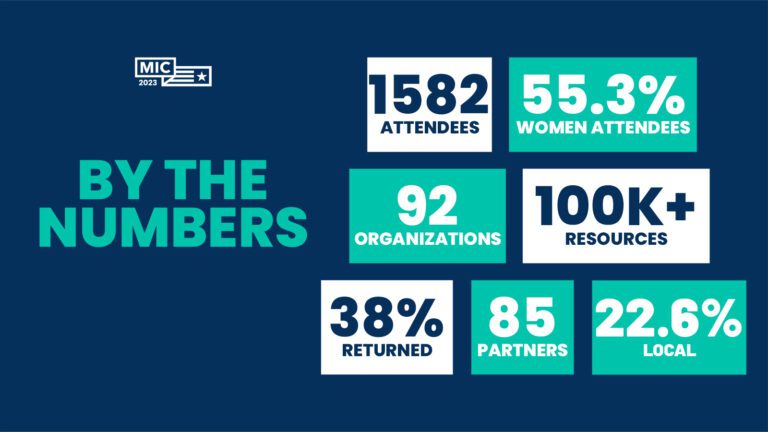
Behind The Numbers Of MIC 2023
